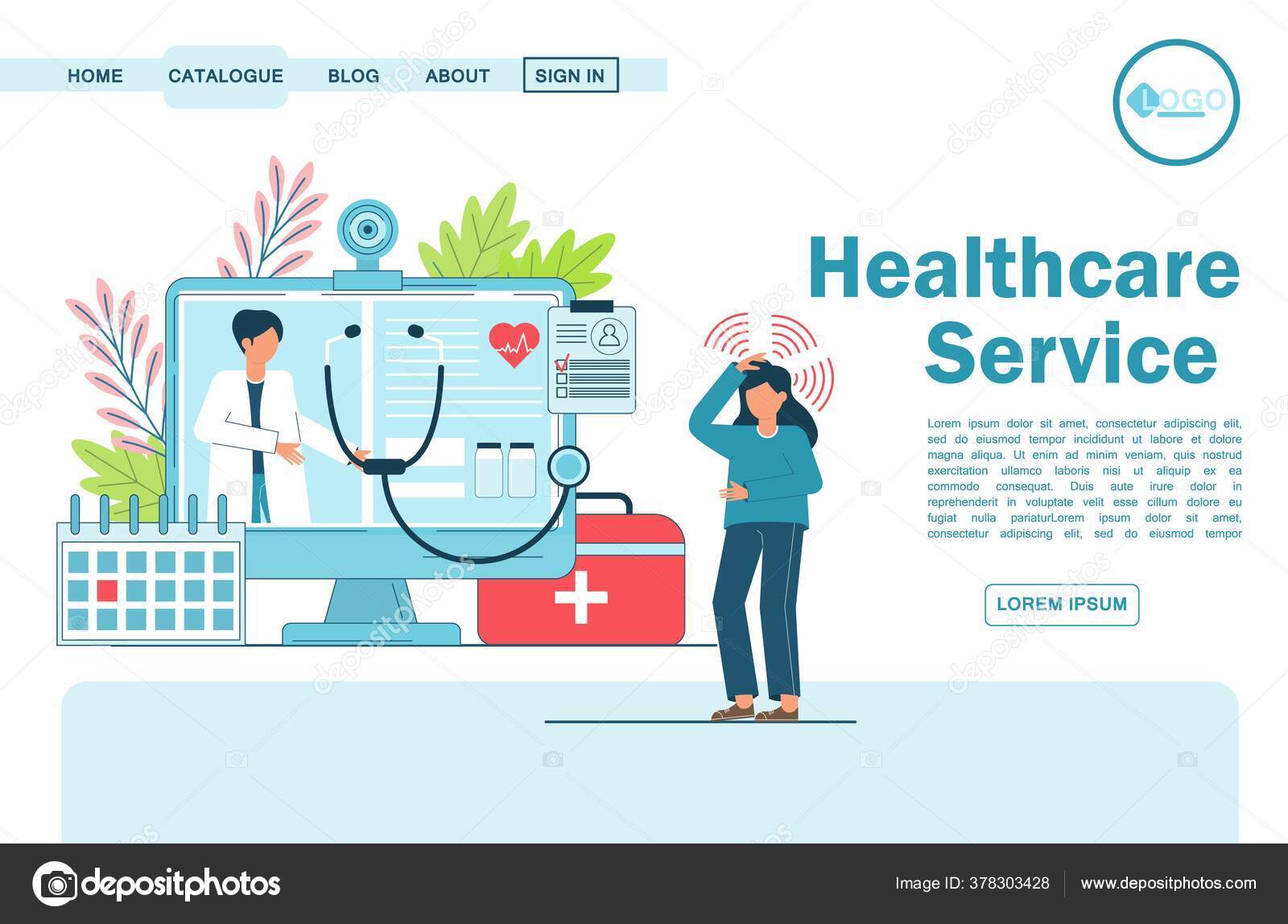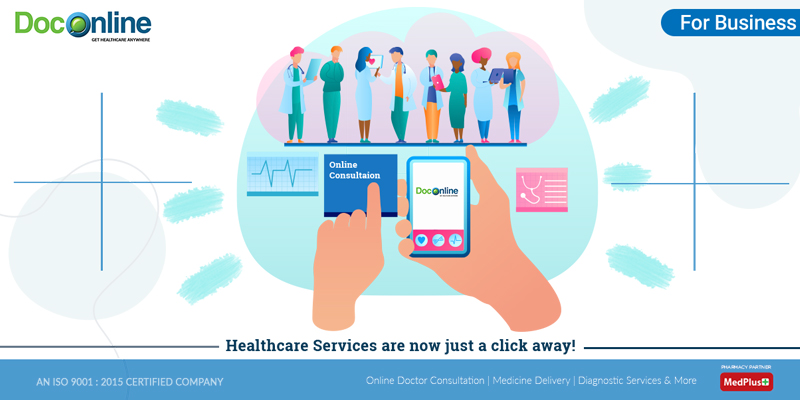The Future of Medicine: Checking Out Subscription Based Healthcare Designs
The Future of Medicine: Checking Out Subscription Based Healthcare Designs
Blog Article
Recognizing the Cost-Effectiveness of Subscription-Based Health Care Versions
As the healthcare landscape advances, subscription-based models emerge as a compelling alternative, guaranteeing to redefine just how individuals handle clinical expenditures. Assessing these designs' cost-effectiveness demands a nuanced comparison with standard insurance policy, considering both monetary effects and patient fulfillment. While they supply transparency and predictability in costs, concerns stay concerning their capacity to meet diverse health care requirements, specifically for specialized therapies. The perspectives of healthcare carriers further complicate this equation, presenting a diverse difficulty. What does the future hold for these designs, and can they genuinely supply on their assurance of available, inexpensive care?
Overview of Subscription-Based Versions
Subscription-based medical care versions, often referred to as direct health care or concierge medicine, are increasingly gaining focus as a potential remedy to inadequacies within standard healthcare systems. These models operate the principle of offering patients straight accessibility to doctor with a yearly or monthly charge, bypassing the requirement for conventional insurance devices. This plan intends to enhance patient-provider interactions by lowering administrative burdens, which usually impede tailored and timely treatment.
At the core of subscription-based designs is the emphasis on a much more tailored individual experience. Patients profit from boosted access to their medical professionals, commonly including same-day or next-day consultations, prolonged appointment times, and direct communication networks such as phone or video phone calls. This version fosters a positive strategy to healthcare, where providers and clients can collaboratively concentrate on preventative care and chronic condition management.

Price Contrast With Traditional Insurance
One of the primary monetary advantages of membership versions is openness in prices. Clients pay a predictable fee, which can simplify budgeting and monetary planning. Furthermore, these designs typically get rid of co-pays and deductibles for covered services, decreasing out-of-pocket spending. Conversely, traditional insurance might be more advantageous for individuals calling for specialized treatment or pricey therapies not covered under a membership model, as they profit from the wider protection network and cost-sharing systems.
However, cost-effectiveness is context-dependent. While registration models could provide financial savings for those mainly requiring health care, individuals with chronic problems or specialized healthcare demands might discover typical insurance coverage extra extensive. Assessing certain medical care requirements and prospective use is crucial in identifying the most cost-efficient option for individuals.
Effect on Individual Satisfaction
Client complete satisfaction within subscription-based healthcare versions usually mirrors a considerable enhancement over conventional insurance systems. Unlike typical systems, where individuals may experience delays in receiving treatment, subscription-based designs guarantee even more prompt and straight interactions with healthcare carriers.
In addition, the openness in costs related to subscription-based health care reduces the usual irritations associated with unforeseen fees and intricate invoicing procedures seen in standard insurance (subscription based healthcare). Individuals appreciate web knowing the exact monetary dedication upfront, leading to increased count on and confidence in their health care administration
Additionally, the emphasis on preventative treatment and health in registration designs adds to improved wellness outcomes, additionally enhancing individual satisfaction. By focusing on recurring health care instead than episodic care, individuals experience an even more continual and holistic health care trip.
In addition, the enhanced provider-patient connection promoted in these versions, characterized by more time spent per individual and tailored attention, plays a vital duty in elevating client fulfillment degrees, as patients feel really taken care of and recognized.
Provider Point Of Views and Experiences
From the supplier's point of view, subscription-based medical care versions supply a transformative approach to delivering medical services. These models emphasize a preventative and proactive healthcare strategy, allowing companies to concentrate on detailed individual treatment without the restrictions of standard fee-for-service plans (subscription based healthcare). This shift in focus frequently results in improved person end results and boosted supplier fulfillment, as healthcare professionals can allocate even more time and sources to individual interaction and personalized treatment strategies
Additionally, membership models promote foreseeable income streams, which enhance economic security for healthcare service providers. This predictability permits boosted resource planning and appropriation, contributing to a more reliable health care shipment system. Providers can purchase personnel training, technology, and framework improvements, therefore improving the quality of treatment offered.
Nonetheless, the shift to subscription-based models is not without obstacles. Service providers must adapt to brand-new operational structures, which can involve substantial changes in payment practices and individual administration systems. Additionally, there is an integral requirement for durable data administration to track person outcomes and make sure top quality care. Regardless of these hurdles, numerous service providers locate that the benefits of increased person communication and structured procedures exceed the preliminary challenges, making subscription-based versions an appealing alternative.
Future Prospects and Challenges

A key difficulty is regulatory conformity, as membership models have to stick to developing medical care plans and check my site insurance requirements. This demands constant adaptation and technology to make certain positioning with lawful requirements. Additionally, integrating these versions into existing medical care facilities can be complicated, calling for considerable financial investments in innovation and training.
There is also the prospective risk of producing injustices in health care accessibility, as subscription versions might favor those that can afford them, leaving prone populaces underserved. Resolving this requires thoughtful factor to consider of pricing approaches and subsidy systems to make certain inclusivity.
Final Thought
Subscription-based medical care models provide a viable option to typical insurance coverage by using financial predictability and transparency, especially profiting people with chronic conditions or regular medical care needs. The cost-effectiveness of these designs rests upon specific medical care usage patterns and situations. While they might boost person complete satisfaction and enhance budgeting, obstacles continue to be in addressing specialized care requirements. Future factors to consider consist of balancing comprehensive protection with price and incorporating these versions within the broader healthcare system for optimal results.
Subscription-based healthcare models, sometimes referred to as straight key treatment or concierge medicine, are increasingly gaining focus as a possible option to ineffectiveness within conventional healthcare systems. Unlike traditional systems, where people may experience delays in receiving treatment, subscription-based designs guarantee even more prompt and straight interactions with medical care service providers.
These versions stress a positive and preventative medical care method, allowing carriers to concentrate on extensive patient treatment without the constraints of typical fee-for-service plans. As these versions continue to gain grip, they offer the possible to transform patient access to care, streamline solution delivery, and enhance medical care costs.Subscription-based medical care designs offer a practical choice to conventional insurance policy by providing economic predictability and transparency, specifically benefiting individuals with persistent conditions or regular medical care needs.
Report this page